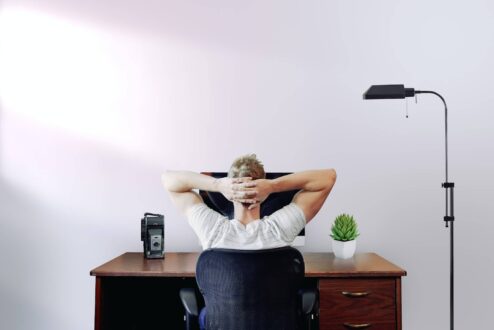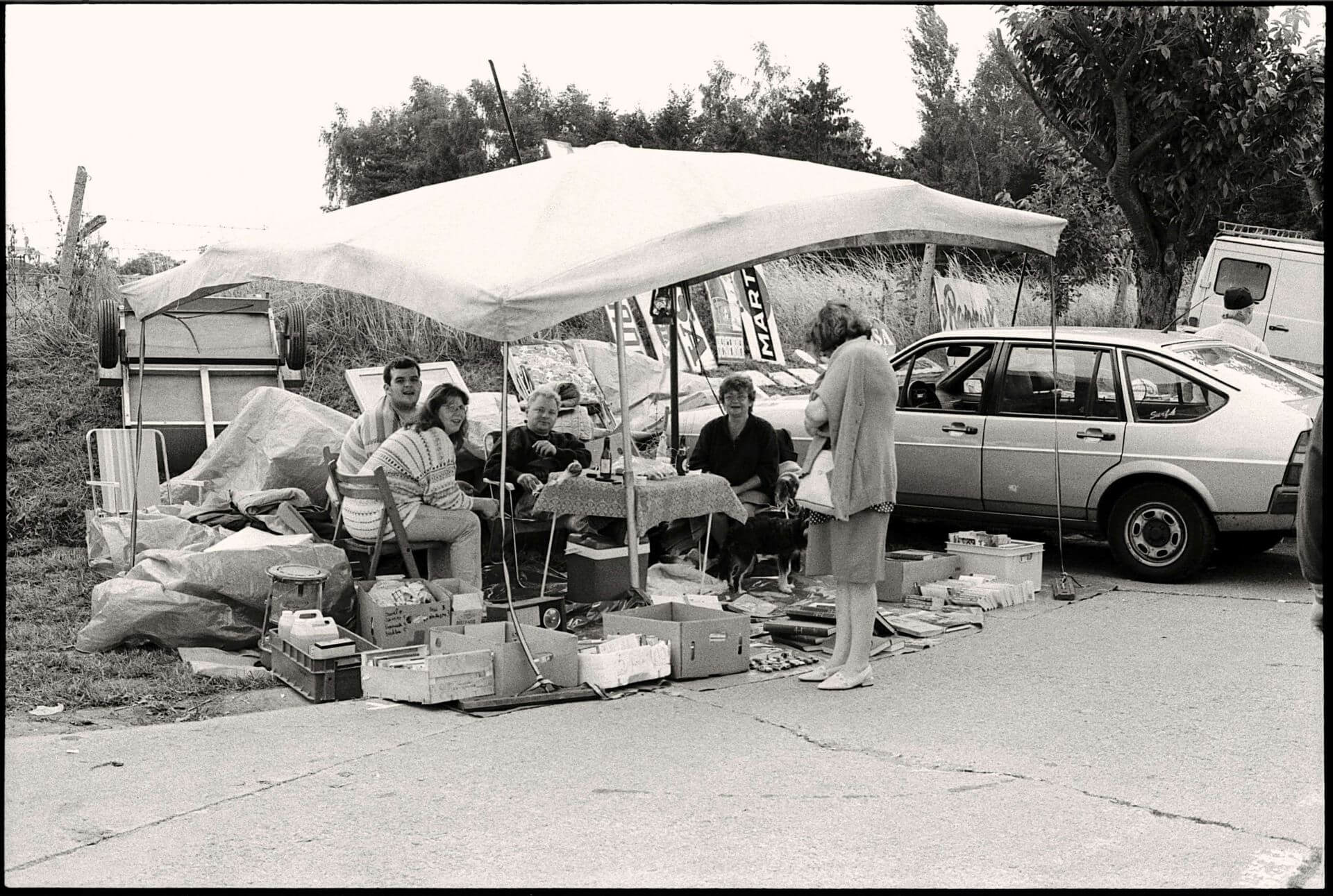3
Jan
Should You Start a Flea Market in 2024? Here’s What You Should Know
Some financial experts claim that the era of low interest rates is over, thanks to the sky-high inflation inflicting countries globally in 2023. This trend may or may not sustain itself in 2024 but not all experts are keeping their hopes up. For these nations to adjust to these higher rates, many economies would have to take a downturn. But what effects does a downward economy have on flea markets? Below are the key points you should understand when starting a flea market in 2024.
Higher Unemployment Rate When the Economy is Bearish
A sluggish economy often means more people will lose their jobs making it harder for them to make ends meet. During economic downturns, businesses often experience contractions due to reduced consumer spending, which may result in reduced production, decreased demand for goods and services, and, consequently, a need to cut costs. One significant cost-cutting measure is often a reduction in the workforce, leading to job layoffs and increased unemployment. When being unemployed, people find ways to cut their spending which actually causes the reduction in consumer spending in the first place. It's a vicious downward cycle.Flea Markets Often Thrive During a Downturn
Let's take the Great Recession that spanned from 2007 to 2009 as an example. During that downturn, many flea markets flourished because people had less money, and one of the best places to get more value from your bucks is at a flea market.Executive director of the National Flea Market Association, Mark Blakewood, says flea markets carry an increased caché during tough times. “People want to earn money any way possible,” Blakewood said.
Flea markets tradition itself as the go-to place to get cheap and affordable goods, especially used items. During a bearish period, most would be willing to visit a nearby flea market, thus, this gives an opportunity for people to sell off their unwanted items just to get by. "Consumers are looking for ways to maximize their spending dollar,” Blakewood said. But the opportunity doesn't end there. Flea markets are also a conducive place for newly-born entrepreneurs to start their own businesses.People Transform to Entrepreneurs When They Are Unemployed
Some people turn to entrepreneurship when they can't secure a job. We saw this phenomenon vividly during the COVID pandemic. And they do so for various reasons. Some individuals become entrepreneurs out of necessity when traditional job opportunities are scarce. Unemployment can push people to explore alternative ways of earning a living, and starting a small business does seem to be a viable option. Unemployment can provide individuals with the time and motivation to pursue their passion or long-held entrepreneurial ambitions. Some people may have ideas or skills they've always wanted to turn into a business but never had the opportunity to do so while employed. Unemployment can foster a spirit of adaptability and innovation. During their unemployment spans, individuals may have time to identify gaps in the market, discover new opportunities, or develop innovative solutions to problems, prompting them to start their own ventures. Also, people who have specialized skills or expertise in a particular area may choose to leverage those skills to start a business. A furniture designer at Ikea might consider designing their own furniture and sell.People Need a Low-Cost Business to Start
Whether people are doing it because they are unemployed or not, most want to start a business with the least cost possible. This is even more true during dire economic straits. They usually think of selling at flea markets because of their ultra-low rental fees and short-term leases. This means they can easily give up if the business proves unsuccessful, without losing much. This notion offers a rare opportunity for flea market operators to sell stalls to fresh entrepreneurs. A simple example would be someone starting up to be a barber and offering cheap haircuts at flea markets. After all, the growth of our hair is immune to the ups and downs of the economy. Which brings us to the next key point.Doing a Recession-Proof Side Hustles
Any smart entrepreneur would realize that some businesses are naturally recession-proof. We still need to brush our teeth, cut our hair, feed our pets, and of course, eat to survive. There are an array of business ideas that one can venture into that are not affected by a downturn. In fact, some even thrive during a recession. Take lottery for example, more people actually buy lottery tickets when the economy is bad. Because they are buying a small piece of hope for as little as a dollar and hoping they might strike something to help them pay the bills. Running a lottery business is obviously a bad example but operating a haircut service at a flea market does seem viable.Flea Market Can Be The Precursor to Launching a New Startup
Every entrepreneur would go through the thought of whether their new product would sell. So how could they test their products with the potential market before launch? Flea markets can be that market testing avenue. Without investing much money upfront, entrepreneurs could sell their new products at flea markets to gain initial traction. They can also offer free trials or discounts in exchange for feedback from customers.Share this post
RELATED
Posts
How to Sell Pitches or Spots for Car Boot Sale
Recently, I asked ChatGPT how to sell a pitch for a car boot sale and below is what I got.
I must say...
read more
Thinking Of Selling a Service at a Flea Market? Here's What You Need to Know
Flea markets are traditionally known for vendors to sell physical goods. But if you're thinking of going beyond the norm of tangible...
read more
Sure-Fire Ways To Attract Visitors to Your Events Without Money
The notion of "build and they will come" does not hold for organizing events these days. You should do more than just...
read more




